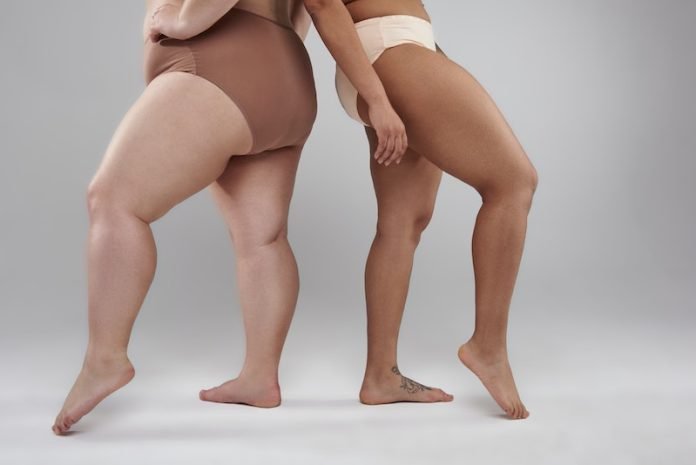
Most of us think that people gain weight because they eat too much or don’t exercise enough. But what if there were something else in play?
A leading expert from Boston University, Barbara E. Corkey, has come up with a new idea. She thinks chemicals around us, called “obesogens,” might be tricking our bodies into gaining weight.
This new idea could change the way we think about and treat obesity, one of the world’s biggest health problems.
What Are Obesogens?
Obesogens aren’t something you would usually hear about. They’re chemicals that are all around us—in the air, in plastics, in the soil, and even in the food we eat.
Over the last 50 years, these chemicals have become more common in our surroundings.
Dr. Corkey thinks these chemicals might be sending the wrong signals to our bodies, making us want to eat more or store more fat, even when we don’t need to.
Let’s say you’re someone who exercises regularly and watches what they eat. According to Dr. Corkey, these chemicals could still mess with your body’s “rulebook” for when to eat and when to store fat.
That’s a big deal because, over time, this could lead to weight gain, even if you’re doing everything “right.”
Why Should We Care?
Obesity is a big deal, and it’s getting worse all the time. According to the World Health Organization, the number of overweight people has nearly tripled since the 1970s.
Being obese isn’t just about looks; it’s linked to serious health problems like heart disease, diabetes, and even some types of cancer.
For years, scientists and doctors have tried to figure out why people gain weight. Many thought it was all about eating fatty foods or eating too much sugar.
Others thought it might have to do with not moving around enough. But none of these reasons fully explain why more and more people are becoming obese.
That’s why Dr. Corkey’s idea is so exciting. If she’s right, we could have a new way to fight obesity by figuring out which chemicals are the “bad guys” and then finding ways to avoid them or counteract their effects.
So what’s next? Dr. Corkey’s team is working on tests to prove whether her theory is correct. If it is, the best outcome would be finding out what these chemicals are and getting rid of them.
Another good outcome would be to find a treatment that blocks the chemicals from messing with our bodies.
What Can You Do Now?
While the scientists do their work, there are some things you can do to help protect yourself. Try to avoid plastic containers, especially for food and drinks.
Be cautious with what kinds of cleaners and beauty products you use; opt for natural or organic ones when possible. And of course, keep eating a balanced diet and exercising regularly.
Wrapping Up
We’ve been blaming ourselves for gaining weight, thinking it’s because we’re lazy or eat too much. But it turns out, the story might be more complicated.
Chemicals in our environment could be confusing our bodies and contributing to the growing obesity problem. Dr. Corkey’s new theory could open the door to a whole new way of understanding and treating this worldwide issue.
It’s not just about what we eat and how much we move; it’s also about what’s around us. And if she’s right, her work could be a game-changer in fighting one of the world’s most pressing health issues.
If you care about weight management, please read studies about diets that could boost your gut health and weight loss, and 10 small changes you can make today to prevent weight gain.
For more information about obesity, please see recent studies about low-carb keto diet could manage obesity effectively and results showing popular weight loss diet linked to heart disease and cancer.
The research findings can be found in Philosophical Transactions of the Royal Society B: Biological Sciences.
Follow us on Twitter for more articles about this topic.
Copyright © 2023 Knowridge Science Report. All rights reserved.



